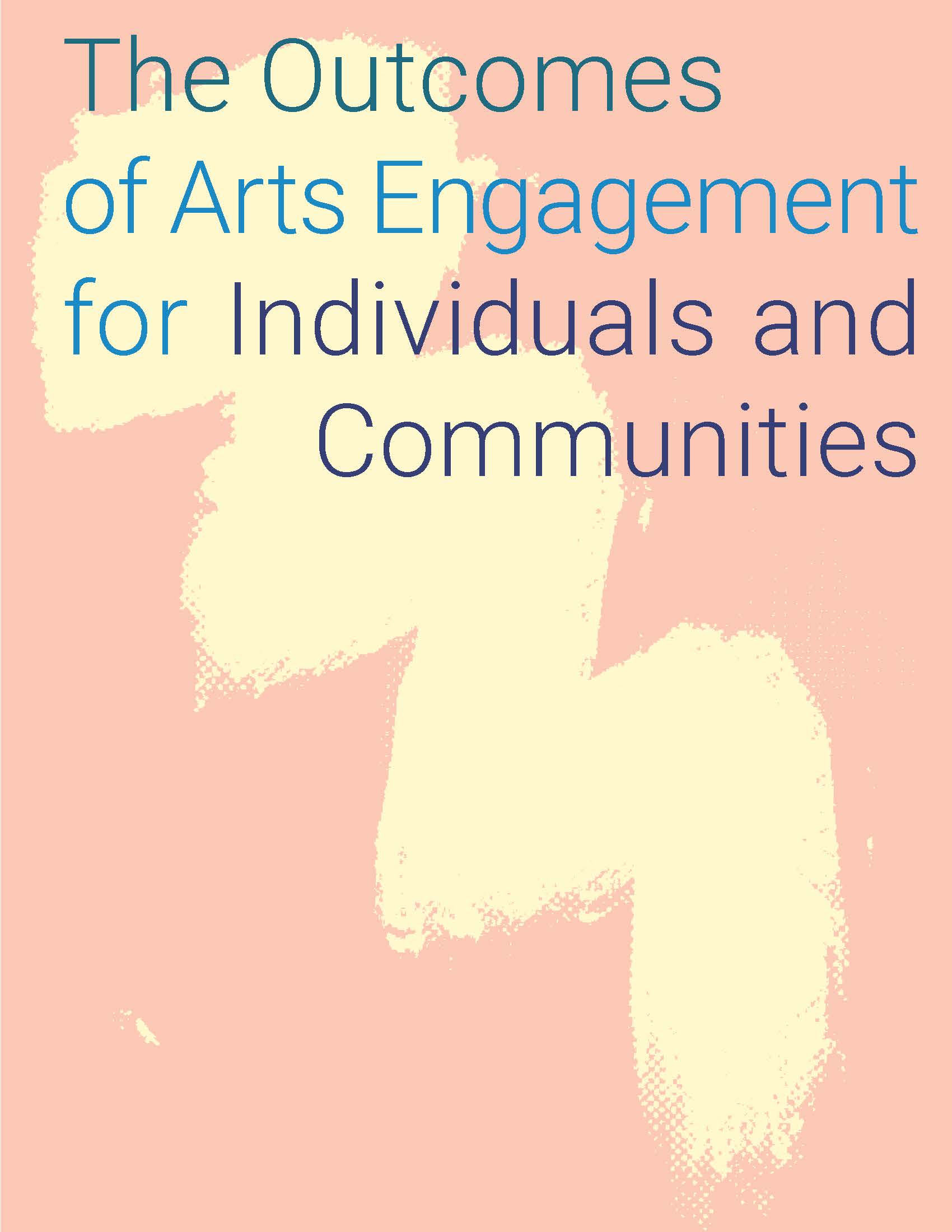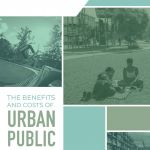The Outcomes of Arts Engagement for Individuals and Communities
Engaging with the arts—whether creating or consuming art, practicing cultural traditions, or otherwise taking advantage of arts opportunities in one’s home or community—is purported to offer myriad personal and social benefits. For example, arts engagement is often cited as a contributor to individuals’ health, wellbeing, and connection to community; as a vehicle for strengthening social bonds and reinforcing cultural identities; and as a driver for community livability, resilience, and economic vitality. Research seeking to investigate this wide array of benefits spans many disciplines, including the social sciences, psychology, medicine, business, economics, criminal justice, and urban and community development. Due in part to the spread across disciplines—each with its own theoretical and methodological research approaches and challenges—the degree to which different benefits have been tested through evidence-based research also varies considerably.
To take stock of the current state of research that empirically addresses these benefits, the William Penn Foundation commissioned NORC at the University of Chicago to conduct a review and assessment of existing research on the outcomes of arts engagement for individuals and communities.
Published: June 2021


